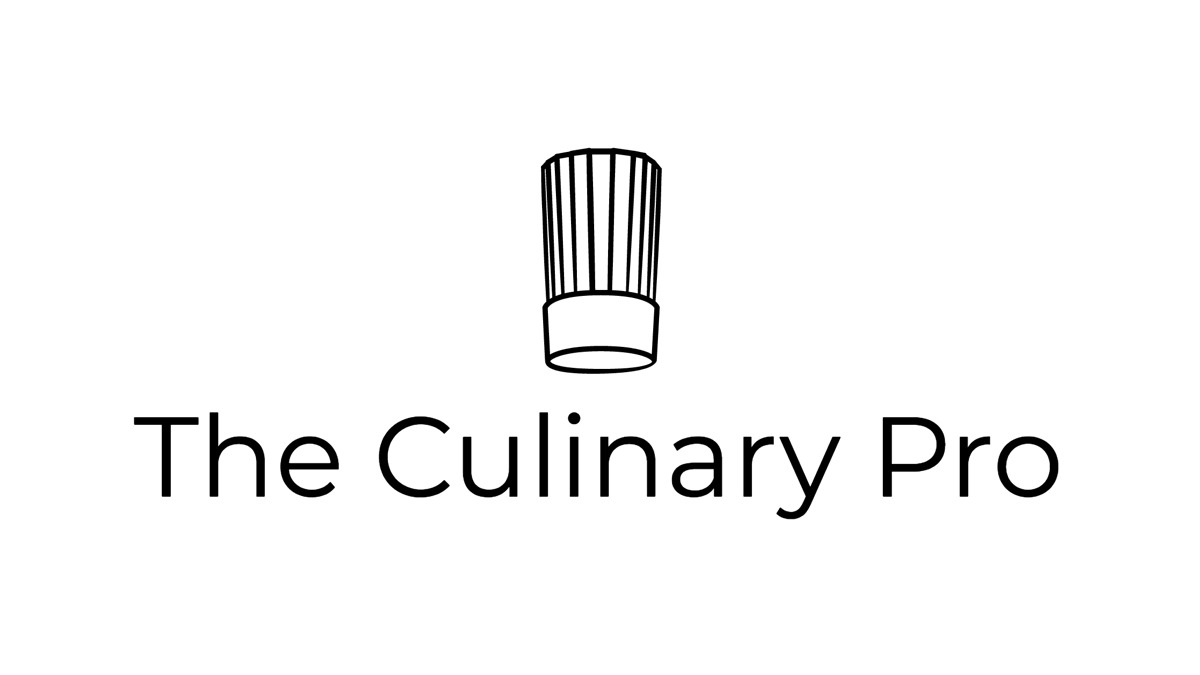Career Advancement
Becoming a chef doesn’t just happen; it is a career path that requires a plan. Chefs have many hours of work experience in various operations, from small to large and casual to fine dining. Working in various events and venues gives you broad experience in the organization and preparation required to successfully stage events. Successful chefs have worked every kitchen station, whether it is prep work, garde manger, grill, sauté, or pastry.
You must plan your career based on the type of experiences you need to round out your training to become a seasoned chef. These experiences start with basic food prep, working all kitchen stations, and then progressing to supervisory areas that include purchasing, menu planning, scheduling, training,
The more you can learn about cooking both savory and sweet food preparations, the more marketable you become. Chefs are good cooks and managers who must plan menus, manage kitchen food and labor costs, establish and enforce policies and procedures, and hire and train employees.
Chefs in training must develop a balanced approach to the culinary profession. They must learn good techniques and develop all their senses; sight, sound, smell, taste, and touch. In addition, a curiosity for how foods taste, and a willingness to try new foods and flavor combinations, will help to expand a chef’s repertoire.
An accomplished chef learns how to organize a station for efficient production, keep a clean kitchen, and follow through on projects. In addition, they have a collegial spirit and a willingness to collaborate as a team and to help out as needed to achieve the common goals of the kitchen.
Chefs must be aware of rapidly changing trends in the industry, seek out help and advice from other chefs, collaborate with co-workers daily, and be able to talk to customers and industry representatives.
When it comes to food and taste, seasoned chefs instinctively know what works and what does not work. They develop a memory bank of flavors, tastes, aromas, textures, colors, and mouth-feel, to imagine new dishes and flavor experiences.
Accelerate your skills and knowledge by being conscious of culinary trends. Take seminars, workshops, and professional classes to reinvigorate the creative juices. Do stages in other professional kitchens to fast-track your skills. When dining out, take the time to evaluate food and remember the winning flavor combinations that you experience. Try to replicate things that you’ve tasted to personalize them and make them your own. Keep up with trends, learn about different ethnic cuisines, and experiment with new equipment and techniques to feed your curiosity.
Learn to cook intuitively, and don’t blindly cook recipes. Develop a solid foundation of culinary math, cooking ratios, and percentages, so you can cook on the fly. An understanding of culinary science will eliminate many frustrating failures. But failures can sometimes lead to breakthroughs, so a chef should never get discouraged by them. Creativity and improvisation, when it’s grounded in knowledge and skill, allow a chef to cope with challenging situations and achieve great results.
There are many different employment opportunities in the culinary field, both directly related to cooking, such as restaurants, catering, or healthcare, and indirectly related to it, including teaching, training, sales, food styling, multimedia media, beverage mixology, writing, research and development, and entrepreneurial ventures.


